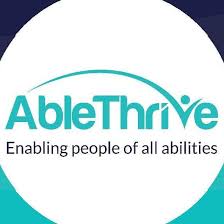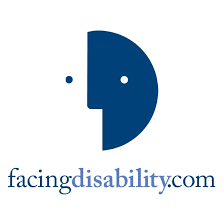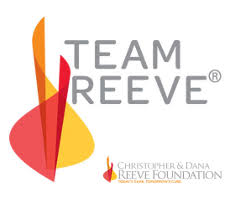|
(This blog tells my family's story. To see more, click "blog" at the top of this webpage.)
Before freshman orientation ended, Beth wheeled over to Harvard’s Phillips Brooks House Volunteer Fair. She chose the Kids with Special Needs Achievement Program (KSNAP), to help students with disabilities at an inner city Boston school. She didn’t think twice about getting to the big city once a week. She volunteered in a special education classroom every Friday afternoon and took turns with other students to plan and purchase materials for activities. Beth soon discovered the unpredictability of old elevators on the MBTA subway, called the ‘T’ for short. Other KSNAP volunteers, including her friend Brittany, moved her (in her manual wheelchair) up and down steps and escalators. Thank goodness John and I weren’t there to watch! We were grateful our youngest didn’t let obstacles get in her way, but we also worried about her safety. As Beth started classes, a swimmer from Michigan asked her to mentor a girl with a new spinal cord injury. When I heard about the emails they exchanged, Beth said, “I love mentoring!” At the Coop, I stood at a cash register in textbooks as students lined up to the back wall. While veteran staff supervised, eight of us, all new employees, rang up large bills at eight cash registers. We commiserated about our sore backs after the long shift. One evening, I worked at a cash register while Beth and Rakhi stood in a long line. On my day off, I returned to textbooks with Beth and carried a heavy stack. Her books included several thick novels for a Charles Dickens freshman seminar, her favorite class. Beth and seven other students accompanied their professor, a Dickens expert, to the catacombs of the rare book library to look at signed first editions of Dickens' books. The depths of the Widener library had not been exaggerated. When the money had been donated to build the impressive library (with over 50 miles of shelves), there were conditions. None of the original bricks could be removed on the façade. The second stipulation: all Harvard students were required to pass a swim test. Harry Widener drowned on the Titanic and his mother thought he would have survived if he had known how to swim. Hence her condition with the donation for the memorial library. The irony of it all? The swimming requirement ended because of the Americans with Disabilities Act, passed in 1990. My daughter Beth, a Harvard student with a severe disability, could easily pass a swim test. My limbs worked fine, but I probably couldn’t. Next: First laps with HWSD!
3 Comments
Kelly Ramsdell
3/1/2018 09:08:42 am
So interesting - the University of Pennsylvania used to require a swim test as well (back when my former in-laws attended). Now I'm wondering if it was for the same reason!
Reply
3/1/2018 08:44:04 pm
Kelly, it’s amazing that another college had the same requirement! I think it’s strange that Harry Widener’s mother thought he would have survived the Titanic if he could swim, since many swimmers died in the freezing water. But then, maybe moms have the right to some magical thinking now and then. :-)
Reply
Leave a Reply. |
Cindy KolbeSign up for my Just Keep Swimming Newsletter by typing your email address in the box. Thanks!Categories
All
Archives
November 2022
|


 RSS Feed
RSS Feed











